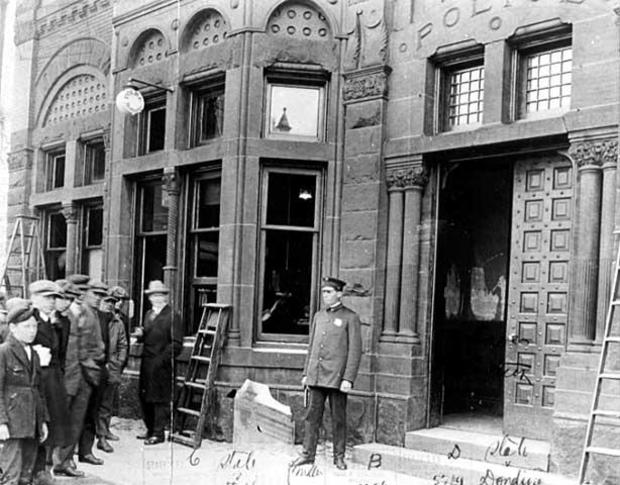Monday will mark 100 years since the Duluth lynchings, a dark stain on Minnesota’s history. On Friday, the Minnesota Board of Pardons is poised to make history: It could grant the state’s first posthumous pardon, CBS Minnesota reports.
The board is looking at the 1920 case of Max Mason, who was in Duluth that year with a traveling circus. He was one of several black men accused of raping a white woman in the city. Three men — Isaac McGhie, Elmer Jackson and Elias Clayton — were lynched as a result, according to the Minnesota Historical Society.
After their murders, Mason was the only one convicted and sentenced to 30 years in prison. However, the doctor who examined the accuser never found evidence of rape.
Mason was denied parole six times between 1922 and 1925, according to the pardon application. He was released from prison five years later on the condition that he not return to Minnesota for the next 16 years.
Minnesota Attorney General Keith Ellison, who is the Board of Pardons, tweeted Thursday that “justice delayed is justice denied. But 100 years later, justice can still be done.”
Minnesota Governor Tim Walz is also participating in Friday’s virtual meeting, which starts at 9 a.m. local time (10 a.m. ET) and will be live-streamed on the Department of Corrections Facebook page.

